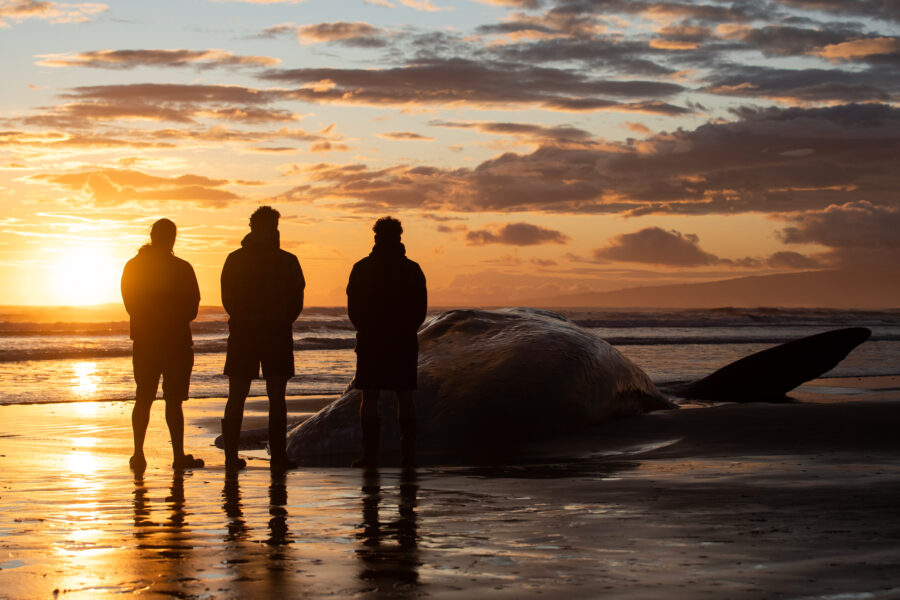Editor’s Note: In advance of Tim DeChristopher’s trial, SolveClimate News conducted exclusive interviews with the environmental activist on why he chose to cross legal boundaries. The seven-part video series can be viewed here: Part 1, Part 2, Part 3, Part 4, Part 5, Part 6, Part 7.
The trial has begun of a U.S. activist accused of sabotaging an oil and gas land auction by bidding $1.7 million for land parcels that he could not pay for. Tim DeChristopher, whose case has attracted support from high-profile environmentalists including actor Daryl Hannah and environmentalist Bill McKibben, faces up to 10 years’ jail if found guilty.
At an auction in Utah on 19 December, 2008 — the last before the end of George Bush’s term in office, and seen as a gift for the oil and gas industry — 130,000 acres of land near pristine areas of Utah such as Nine Mile Canyon and Dinosaur National Monument were due to be sold off.
DeChristopher, then a 27-year-old economics student at Utah, walked into the auction and signed up as Bidder 70. He proceeded to bid on a number of parcels, driving up prices and buying $1.7m of land for himself. The auctioneers called a five-minute break, and DeChristopher was taken into custody.
He has since been charged with two felonies; making a false statement, and violating the Federal Onshore Oil and Gas Leasing Reform Act. The auction was suspended, and the lots later withdrawn by Barack Obama’s interior secretary, Ken Salazar.
The case has attracted support from leading U.S. environmentalists. Last year McKibben, NASA scientist James Hansen, and Naomi Klein co-authored a letter calling for support for Bidder 70, as DeChristopher has become known.
A film is being made about the case and will be released shortly after the verdict. A group called Peaceful Uprising have been organizing rallies in his support.
In pre-trial hearings, DeChristopher has been forbidden to use the “necessity defense” which was used in the famous Kingsnorth Six trial in the UK, when a jury acquitted activists of causing criminal damage to a coal-power station chimney.
The decision means that DeChristopher will not be permitted to argue that he was acting in order to prevent greater environmental damage.
The defense team also sought to argue that the case is politically motivated, by demonstrating that in other cases where bidders have failed to pay, they have not been prosecuted. DeChristopher claims that at least 25 other cases have not been prosecuted. This argument was also blocked by Judge Dee Benson.
DeChristopher, referred to by both opponents and supporters as a “monkey wrencher” — a tribute to the 1975 Edward Abbey novel The Monkey Wrench Gang in which the protagonist appoints himself protector of the remaining desert regions of the American southwest and becomes a pioneer in the art of “eco-tage” — told the Guardian: “I was very nervous when I went in to the auction but when I won my first parcel I felt totally calm and peaceful. It felt like the first time my actions had really been in line with my sentiment. Up to that point I knew that climate change was a really huge issue, and yet in response to that I was riding my bike and writing letters to Congress.”
The trial is scheduled to finish on Thursday.
About This Story
Perhaps you noticed: This story, like all the news we publish, is free to read. That’s because Inside Climate News is a 501c3 nonprofit organization. We do not charge a subscription fee, lock our news behind a paywall, or clutter our website with ads. We make our news on climate and the environment freely available to you and anyone who wants it.
That’s not all. We also share our news for free with scores of other media organizations around the country. Many of them can’t afford to do environmental journalism of their own. We’ve built bureaus from coast to coast to report local stories, collaborate with local newsrooms and co-publish articles so that this vital work is shared as widely as possible.
Two of us launched ICN in 2007. Six years later we earned a Pulitzer Prize for National Reporting, and now we run the oldest and largest dedicated climate newsroom in the nation. We tell the story in all its complexity. We hold polluters accountable. We expose environmental injustice. We debunk misinformation. We scrutinize solutions and inspire action.
Donations from readers like you fund every aspect of what we do. If you don’t already, will you support our ongoing work, our reporting on the biggest crisis facing our planet, and help us reach even more readers in more places?
Please take a moment to make a tax-deductible donation. Every one of them makes a difference.
Thank you,











